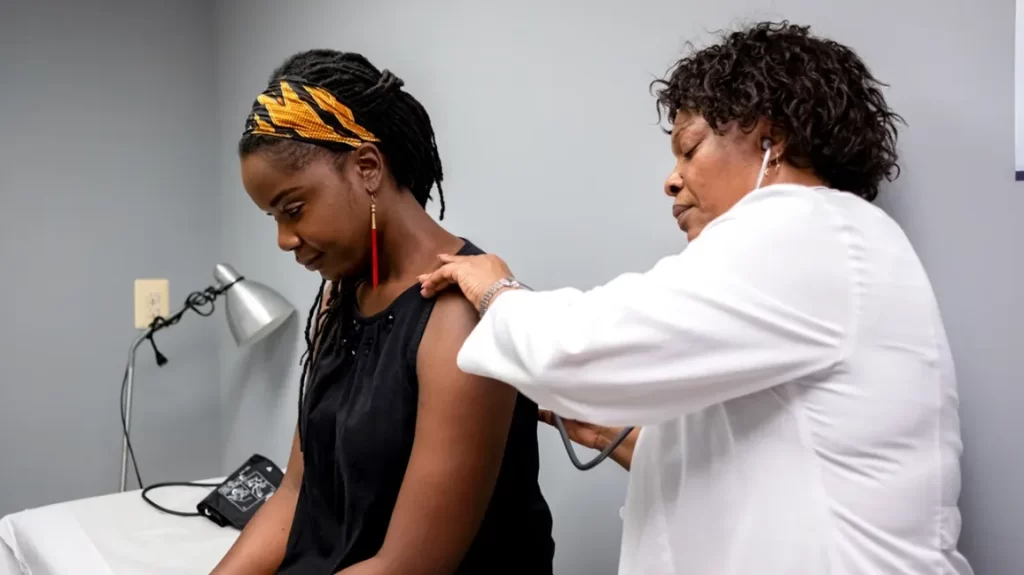The Importance of Primary Care Providers in Preventative Medicine

Bastrop asthma & allergies affect millions of people in the United States, and the numbers continue to rise every year. While there is no known cure for these conditions, they can be managed through proper preventative measures. Primary care providers play a vital role in preventative medicine, helping patients stay healthy and avoid more serious health issues down the line.
What is Preventative Medicine?
Preventative medicine is an approach to healthcare that focuses on preventing disease and illness before they occur. This is achieved through a combination of education, lifestyle changes, and medical treatments. Primary care providers are at the forefront of preventative medicine, working with patients to identify potential health risks and develop strategies to mitigate them.
The Role of Primary Care Providers in Preventative Medicine
Primary care providers, such as family doctors and pediatricians, are often the first point of contact for patients seeking medical care. They are responsible for providing a range of services, including routine check-ups, vaccinations, and screenings for various health conditions. These services are critical for identifying potential health risks before they become more serious issues.
Primary care providers also work with patients to develop personalized wellness plans that address their individual needs and concerns. This may involve making lifestyle changes, such as increasing physical activity or improving nutrition, as well as managing chronic conditions like diabetes or asthma.
The Benefits of Preventative Medicine
Preventative medicine offers numerous benefits for both individuals and society as a whole. By identifying and addressing potential health risks early on, patients can avoid more serious health issues down the line. This can lead to lower healthcare costs, as well as improved quality of life.
Preventative medicine also has a positive impact on society as a whole. By reducing the overall burden of disease, it can lead to improved productivity, lower healthcare costs, and a healthier population overall. This is why many healthcare organizations and government agencies are investing in preventative medicine programs and initiatives.
The Role of Patients in Preventative Medicine
While primary care providers play a critical role in preventative medicine, patients also have a responsibility to take an active role in their own health. This includes adopting healthy lifestyle habits, such as regular exercise and a balanced diet, as well as attending routine check-ups and screenings as recommended by their primary care provider.
Patients should also be proactive in discussing any concerns or questions they may have with their primary care provider. Open communication and collaboration between patients and providers is key to developing effective preventative strategies.
Conclusion
Preventative medicine is a critical component of healthcare, and primary care providers play a vital role in helping patients stay healthy and avoid more serious health issues down the line. By working together, patients and providers can develop personalized wellness plans that address individual needs and concerns, leading to improved quality of life and a healthier population overall.

